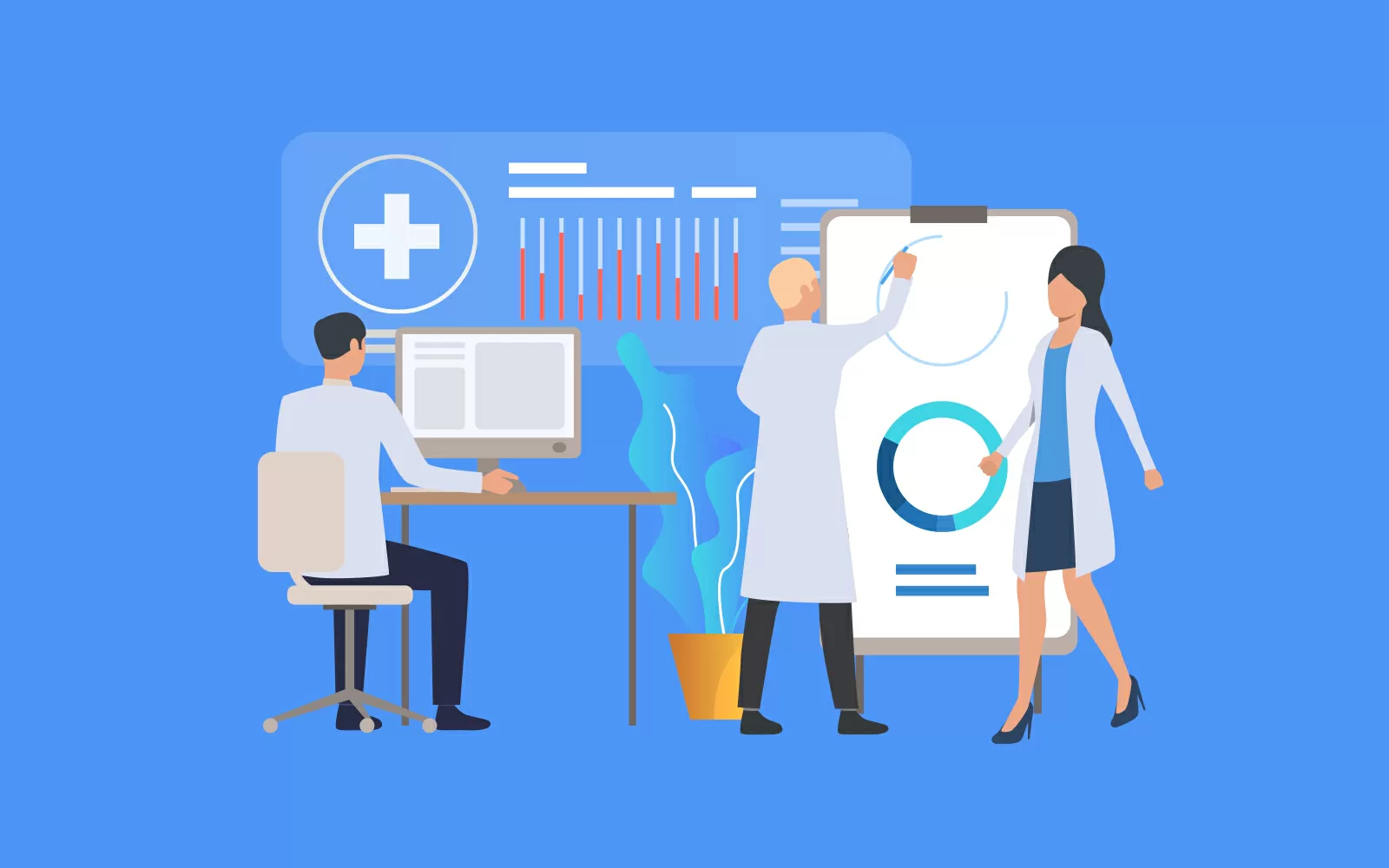In today’s digital landscape, personalization has become a key strategy for brands to enhance customer loyalty and drive engagement. However, a recent study by Optimizely, a leading digital experience platform provider, reveals that more than half (51%) of UK consumers find the targeted content they receive online to be “boring” or “unhelpful” (Optimizely). This raises concerns about the effectiveness of personalization efforts and the gap between customer expectations and the personalized experiences brands currently deliver.
The Disconnect: Assumptions and Outdated Technology
The Personalized to Personal report, based on a comprehensive study of 100 UK marketing leaders and 1,000 UK consumers, highlights the frustrations consumers face with irrelevant promotions. A staggering 70% of consumers express frustration that the promotions they receive are not directly relevant to their personal interests. On the other side of the spectrum, 83% of marketers admit that their current personalization efforts heavily rely on assumptions about customers rather than high-quality insights.
The study also reveals that generalizations still form the foundation of many personalization campaigns, as acknowledged by 71% of marketers. This points to a significant gap between the personalized experiences consumers desire and what brands currently provide. Consequently, brands need to address these challenges and bridge the gap to meet customer expectations.
Outdated Technology: Hindering Effective Personalization
One of the major obstacles to effective personalization is the reliance on outdated technology. Only 33% of marketers claim to possess the necessary technology to deliver hyper-personalized
